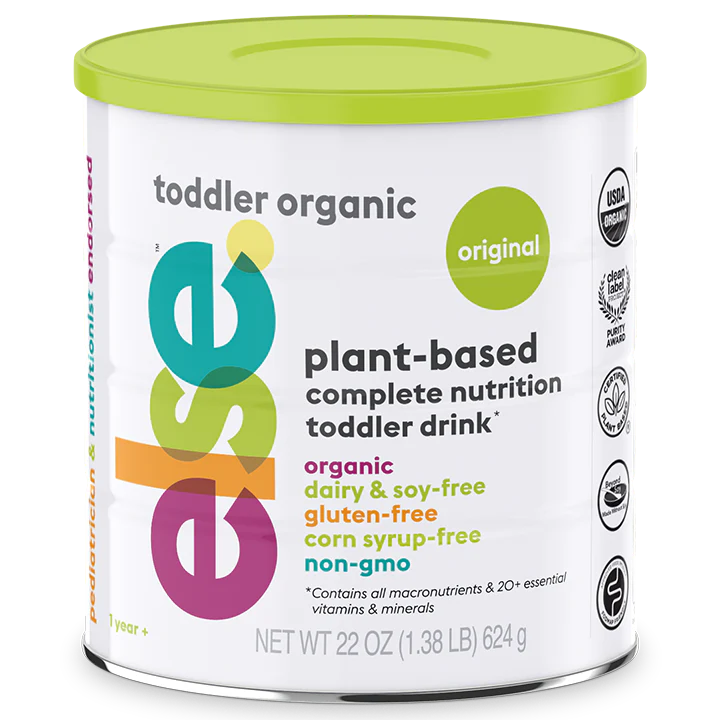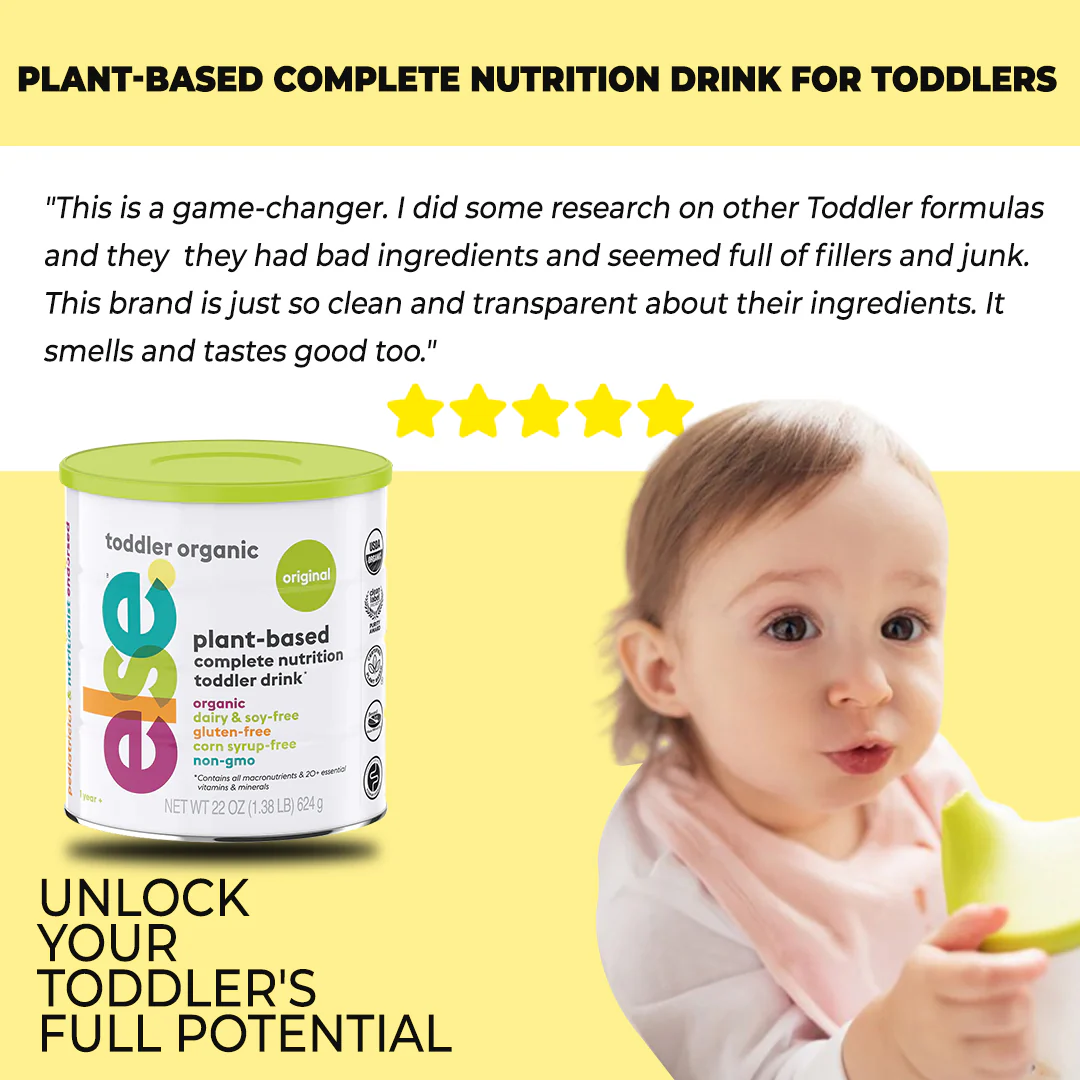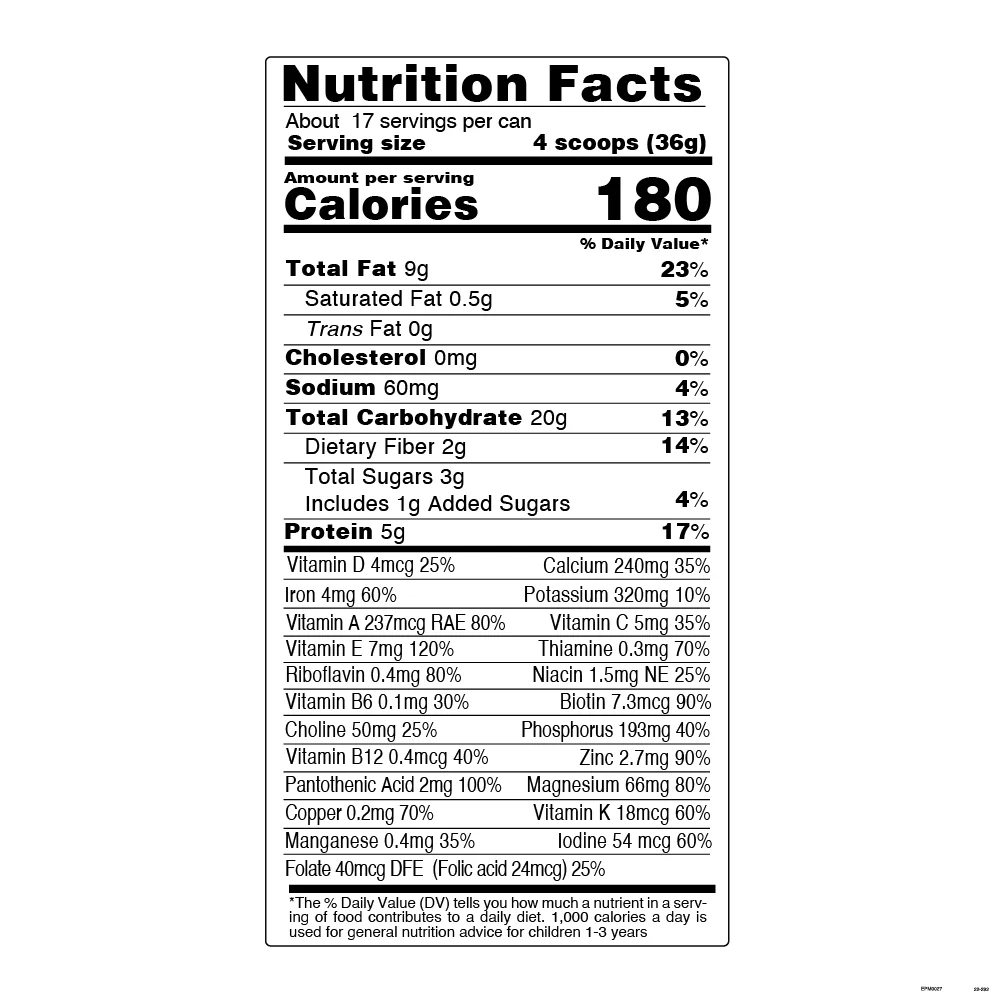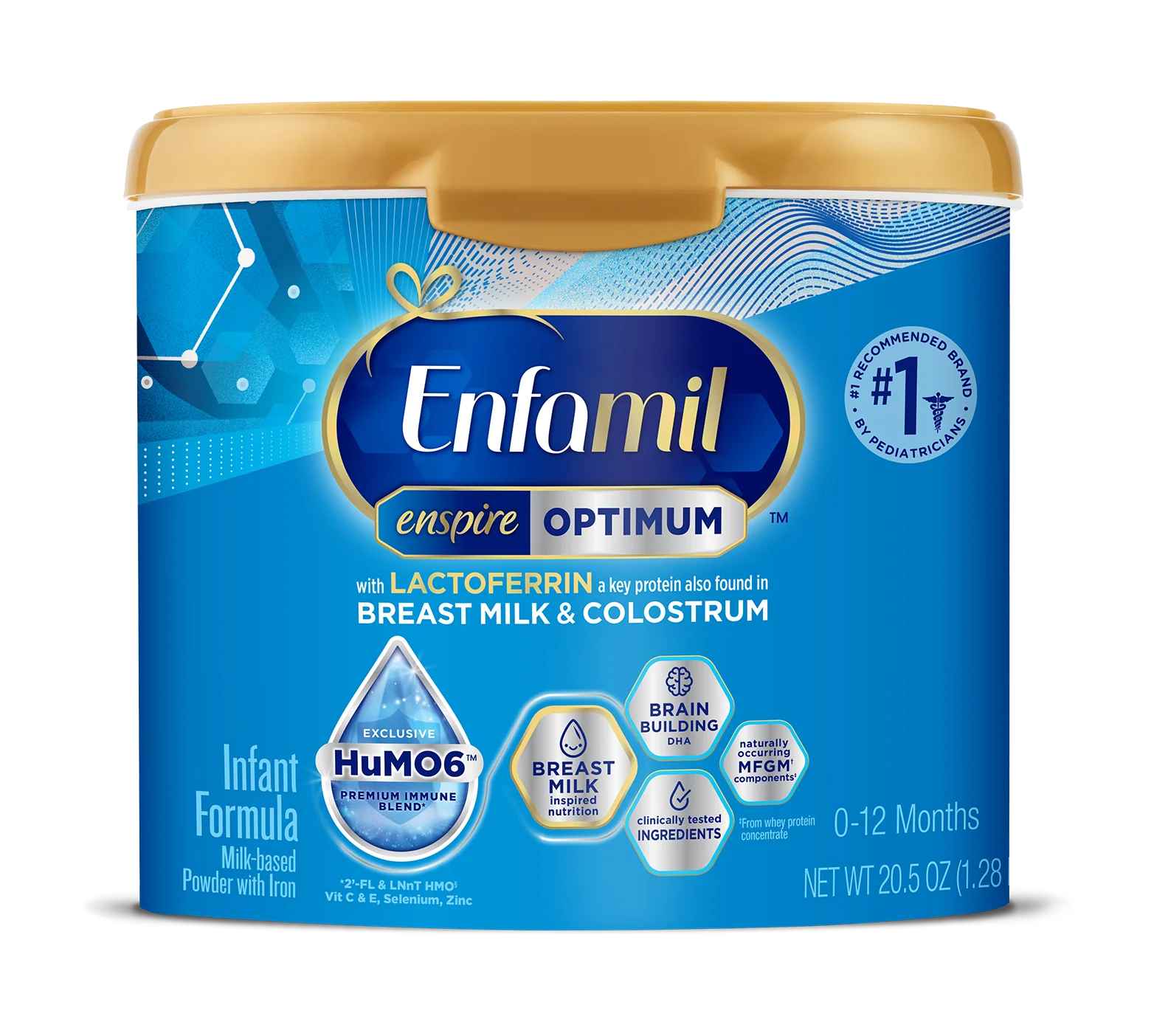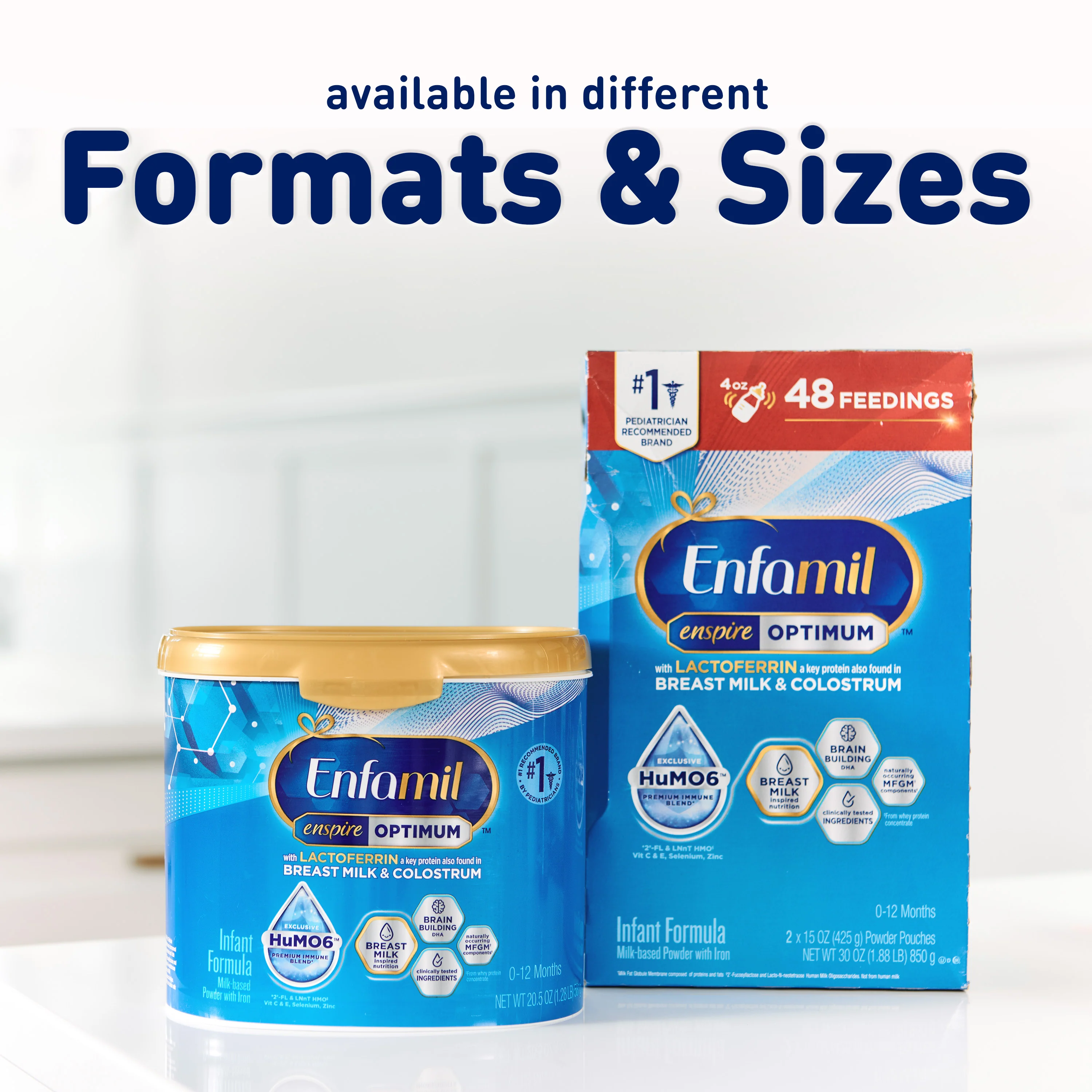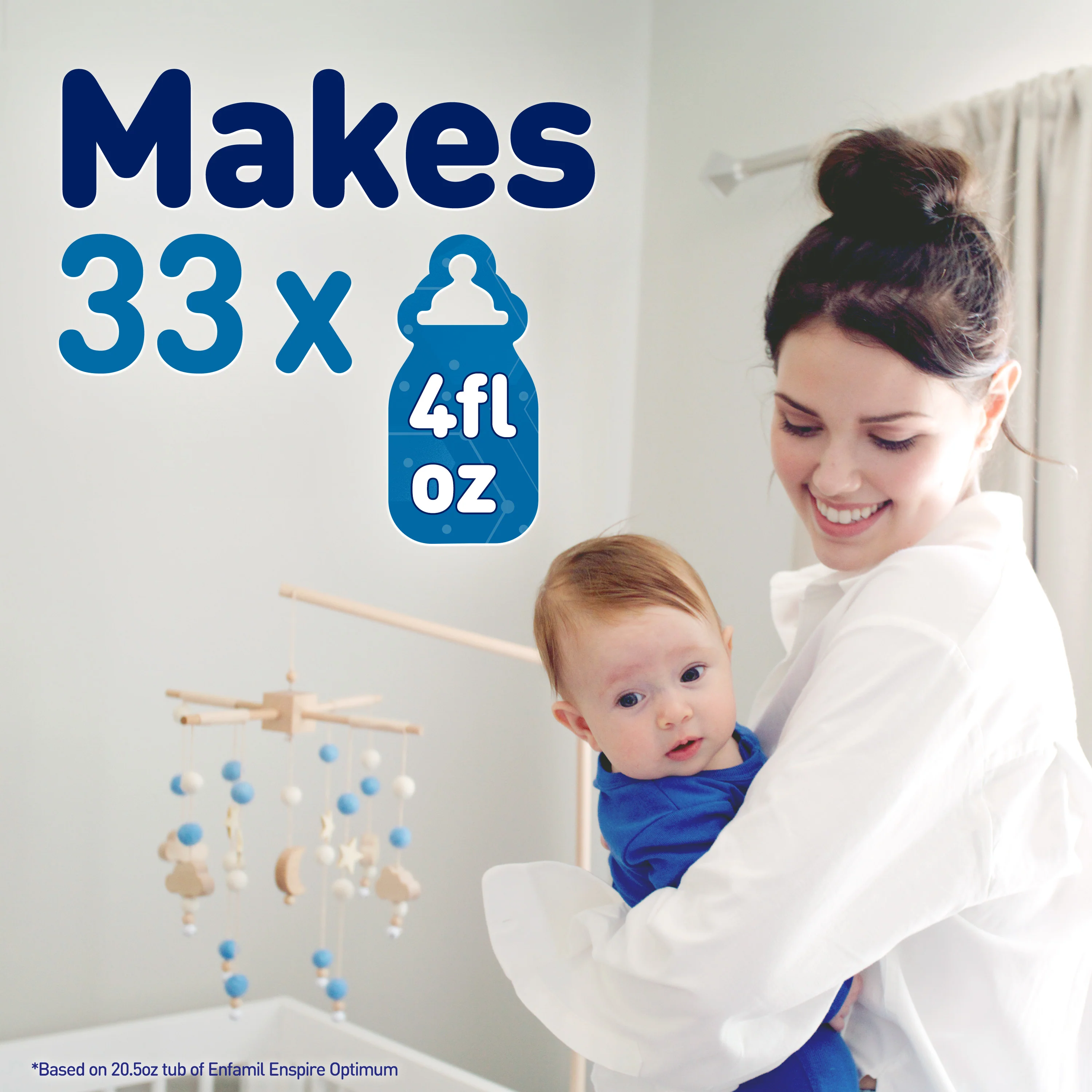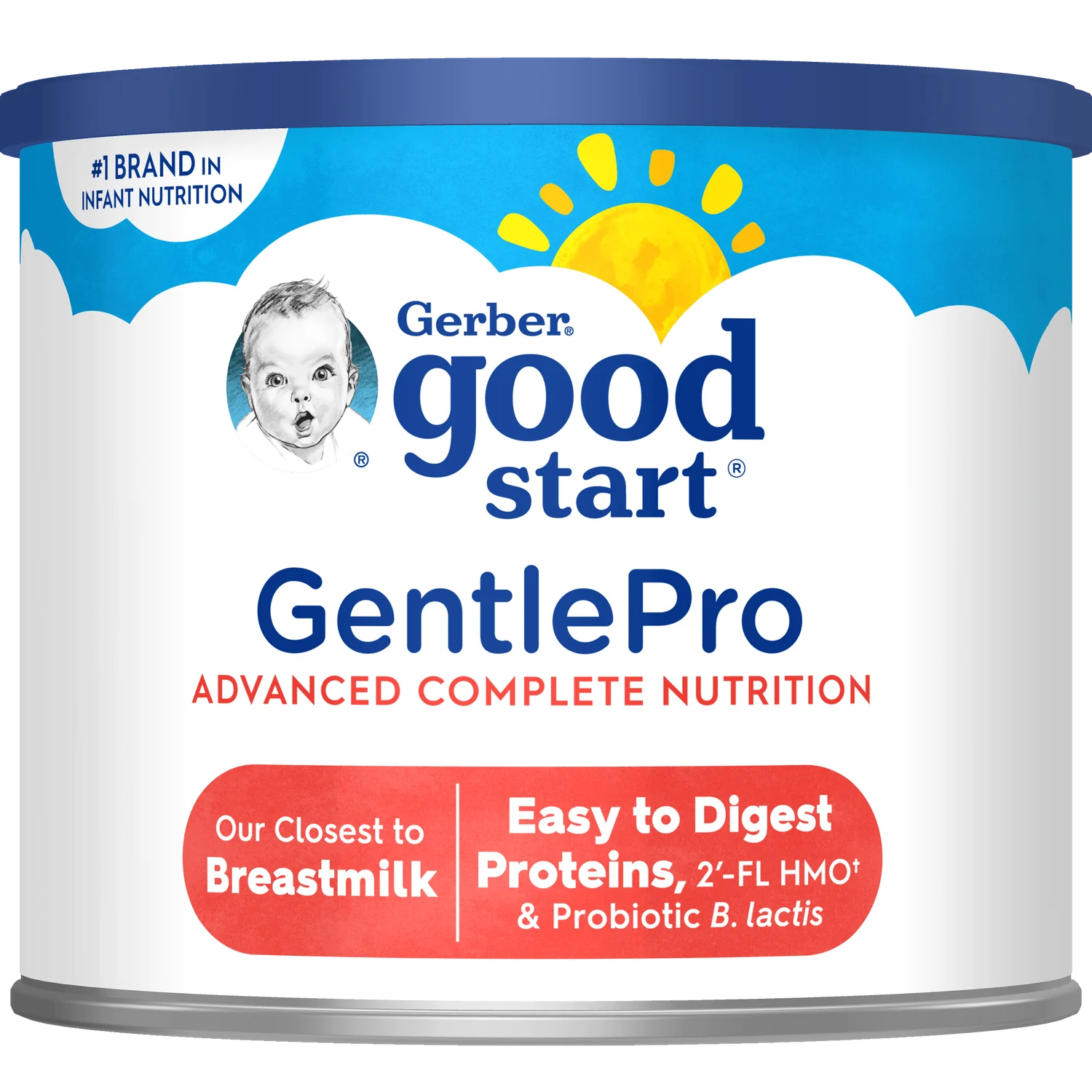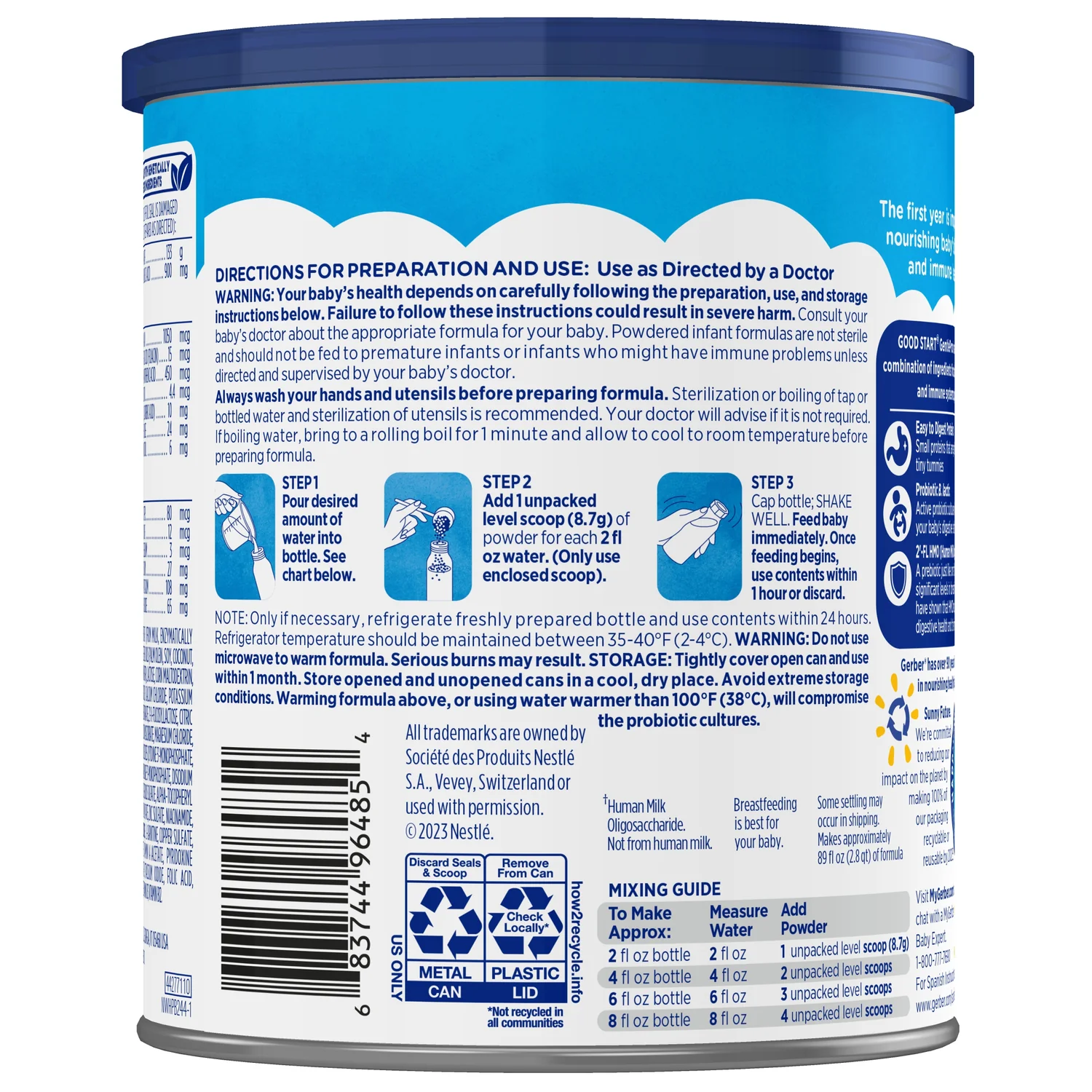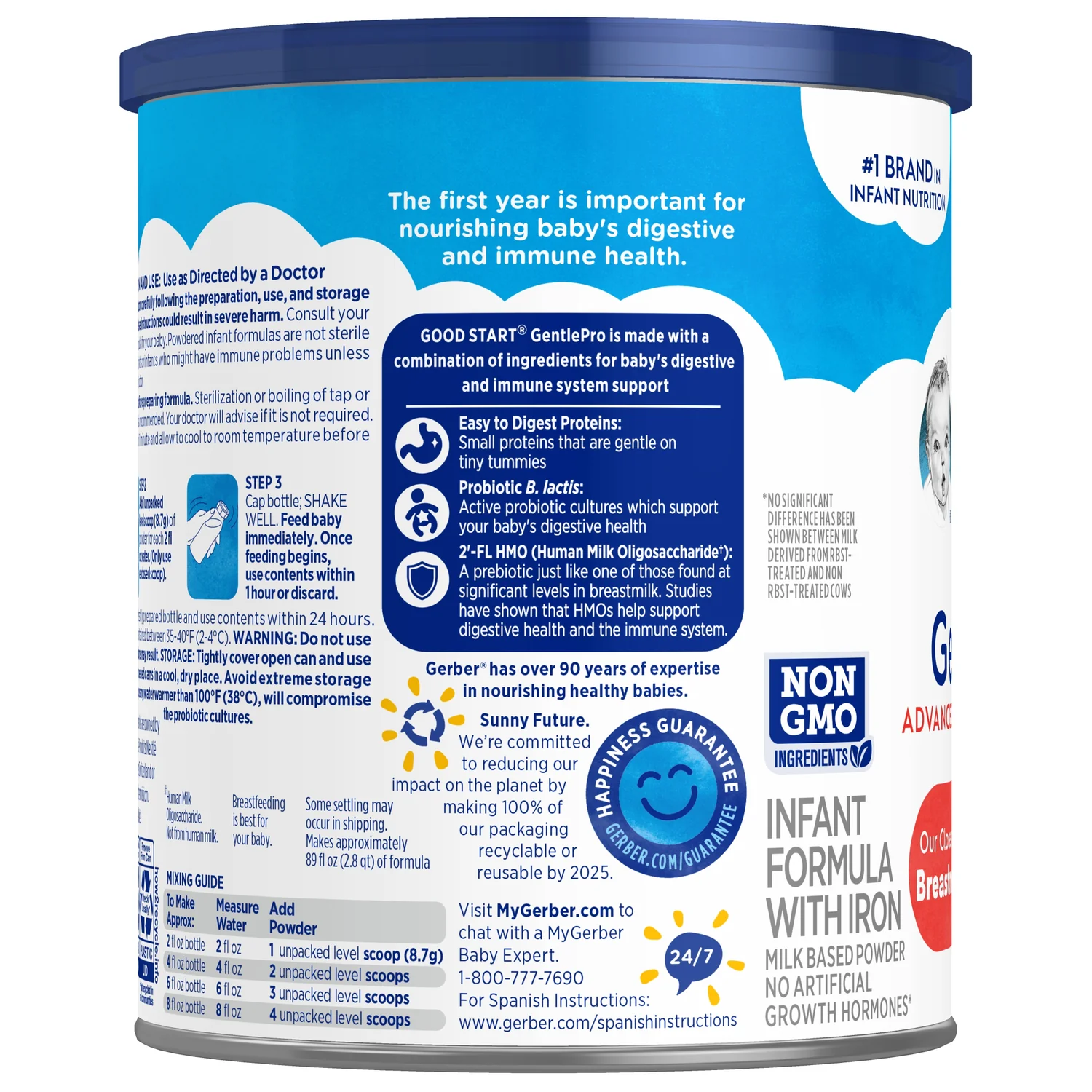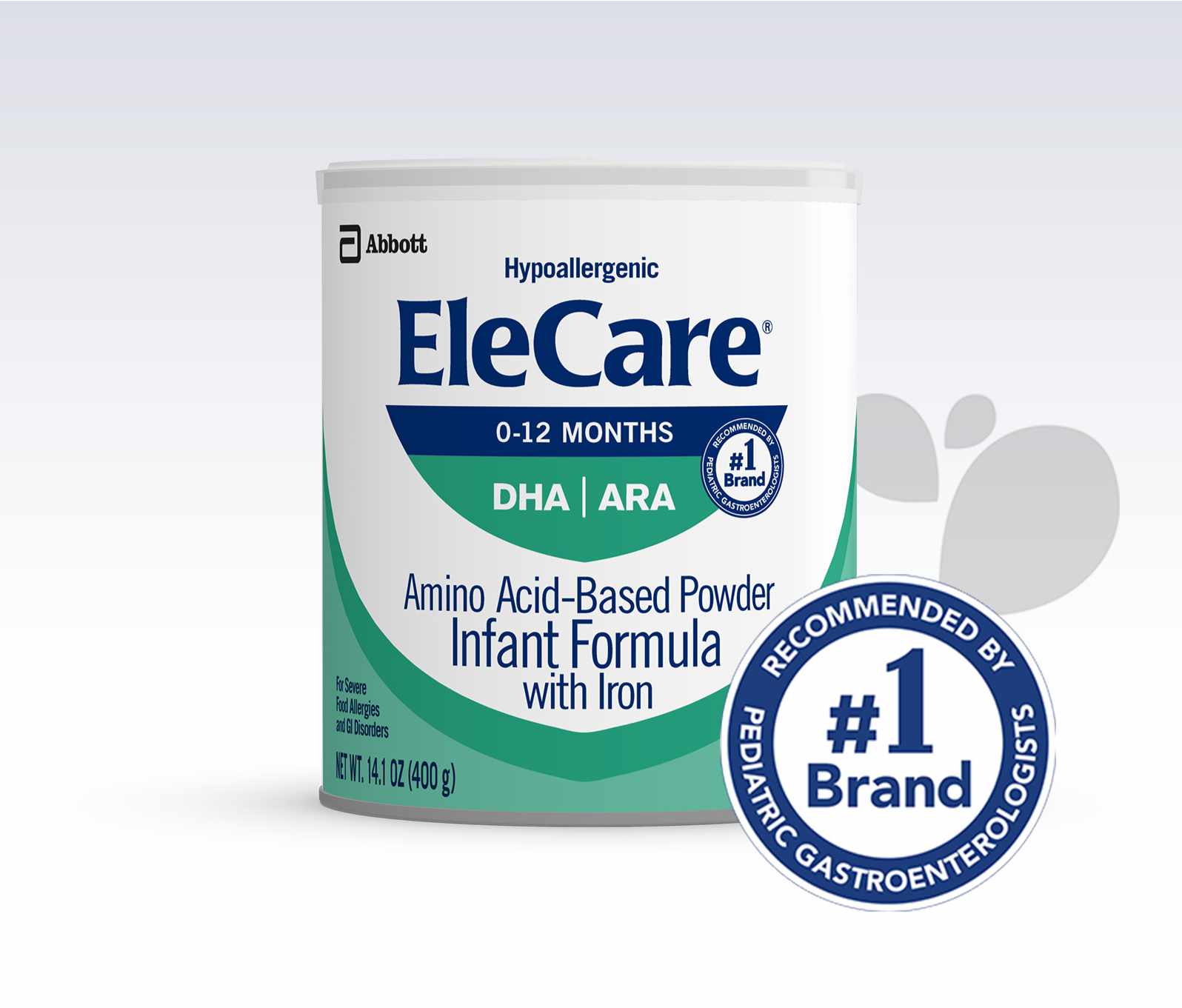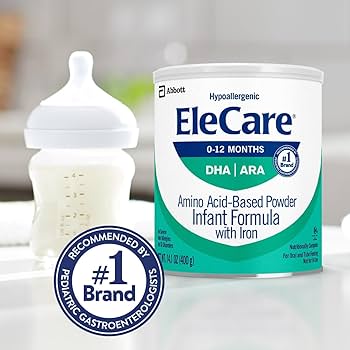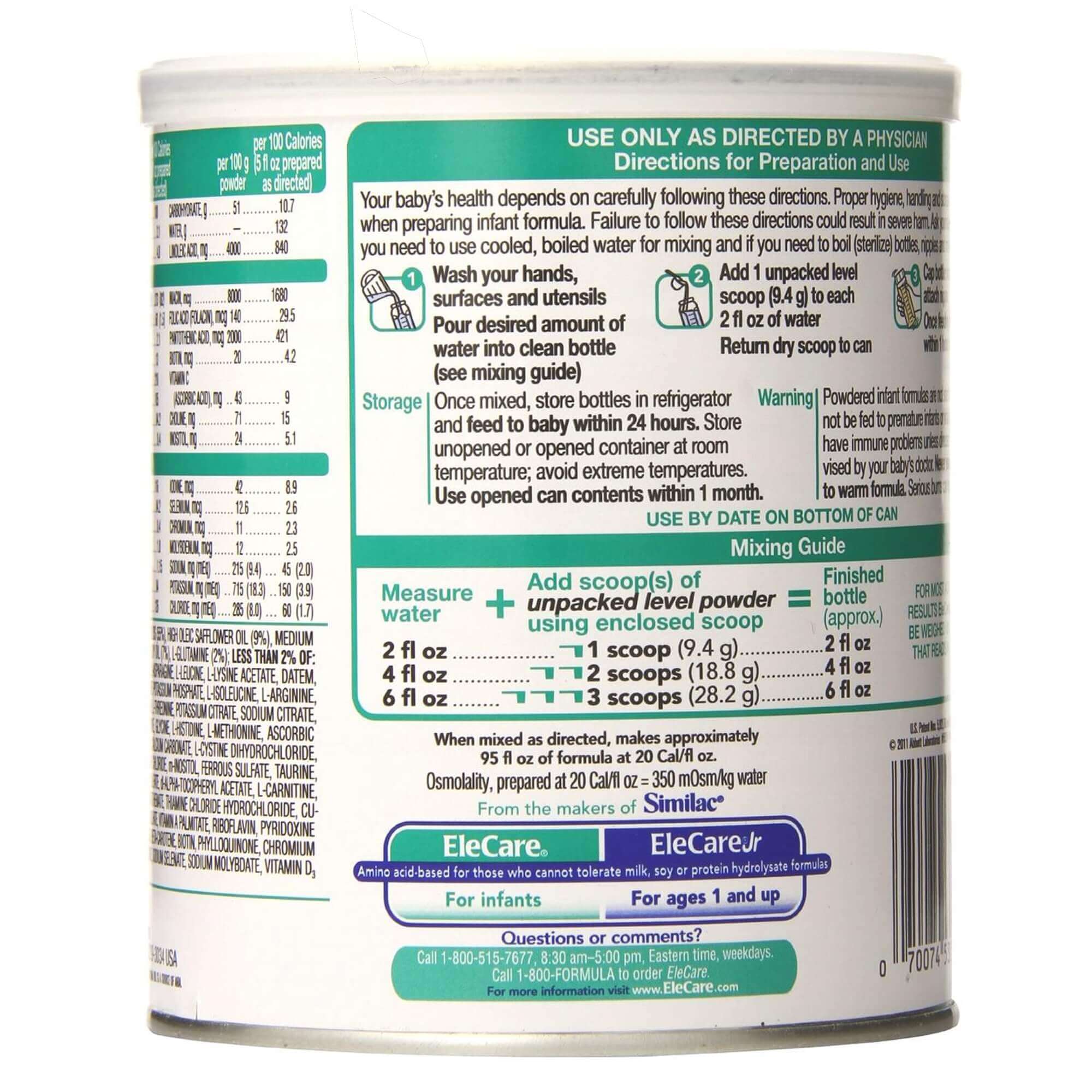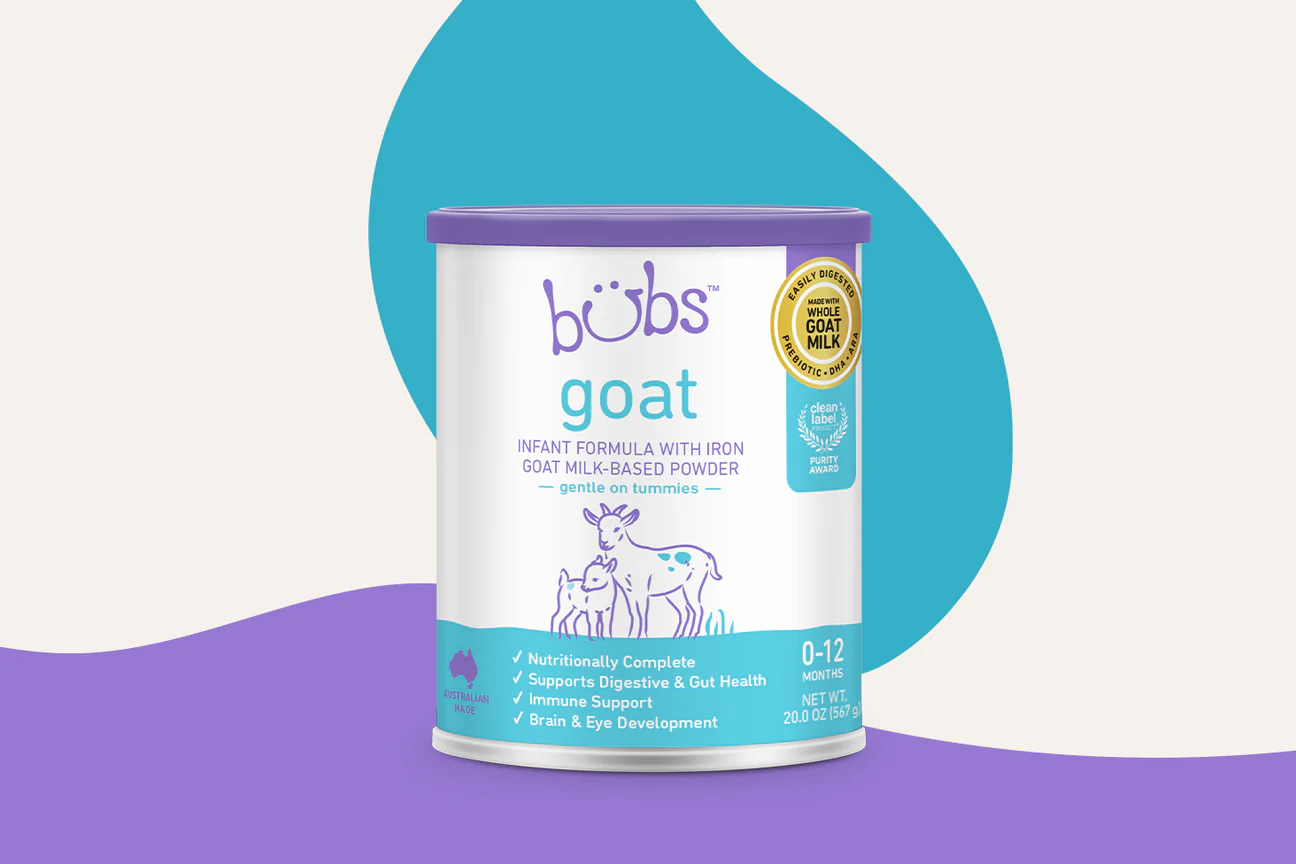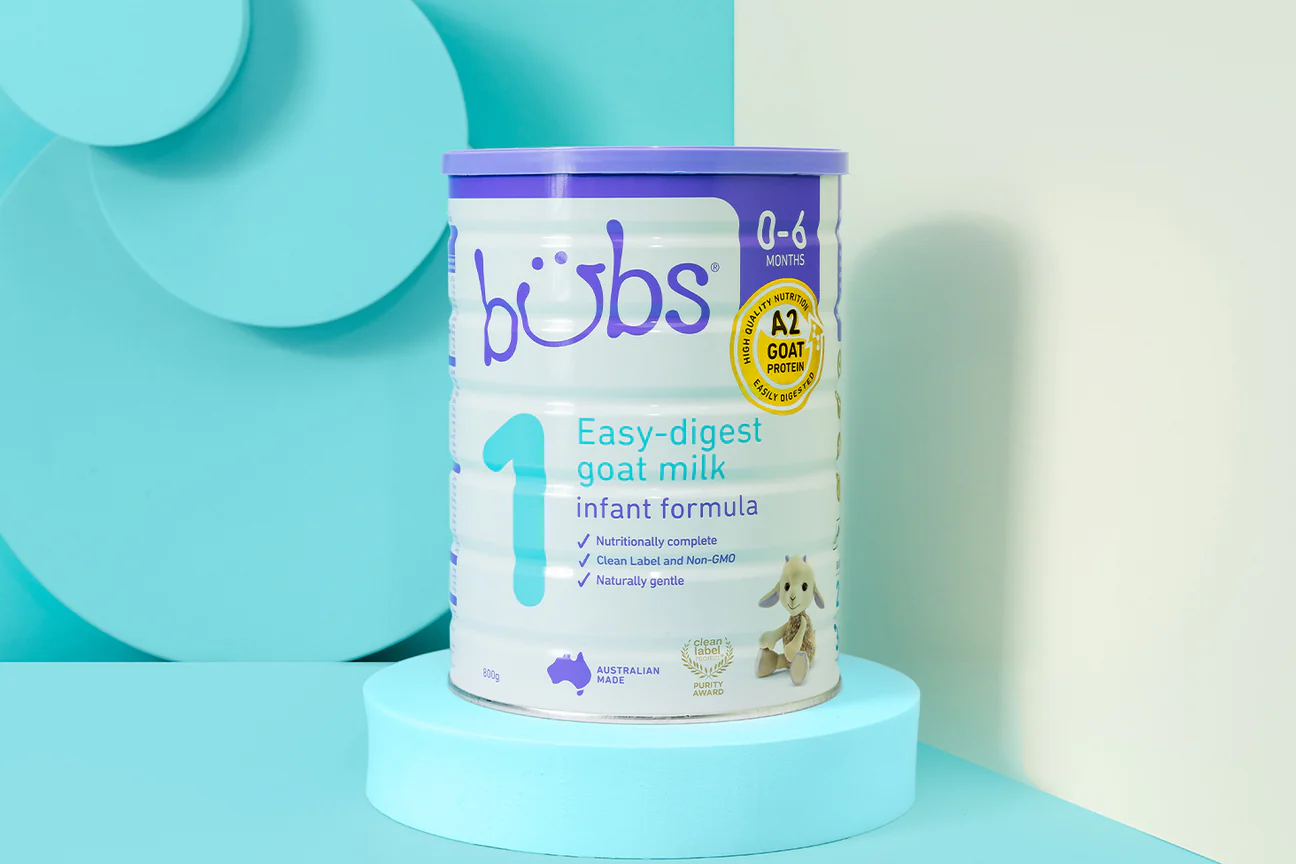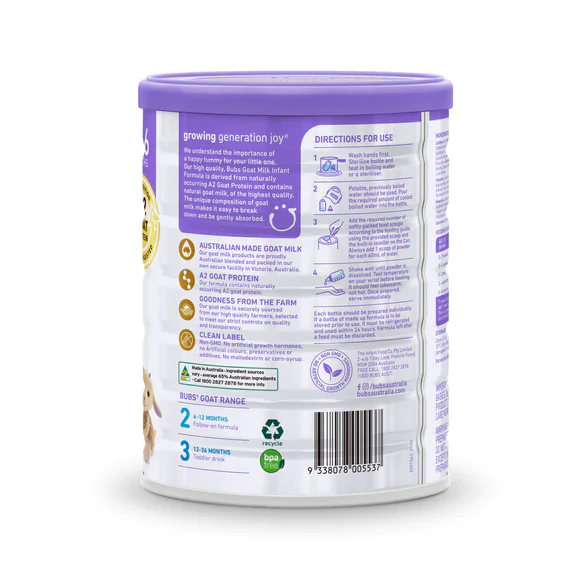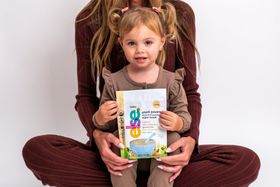5 Alternatives to Similac: Choose Nourishment
Your baby deserves the best. Discover how to choose a formula that perfectly suits their unique needs
Updated September 4, 2024

When it comes to infant nutrition, choosing the right formula is crucial. While commercial brands like Similac are well-known, there might be better options tailored to your baby’s specific needs.
Let's explore the key differences between commercial and alternative formulas and discover why it's worth considering options beyond well-known brands.
» To change from commercial formula? Switch to natural and organic formula
Our Pick: 5 Best Similac Alternatives
- Best overall alternative to Similac: Else Nutrition Plant-Based Complete Nutrition Formula
- Best alternative to Similac for immune support: Enfamil Enspire™ Optimum Infant Formula
- Best alternative to Similac for sensitive tummies: Gerber Good Start Pro
- Best hypoallergenic alternative to Similac: Abbott Nutrition EleCare
- Best goat milk alternative to Similac: Bubs Goat Milk Infant Formula
Drawbacks of Similac
Similac is a popular formula because it uses no artificial growth hormones or palm olein oil, offers a wide range of products, and provides a rewards program for parents.
While Similac and other major commercial brands have their merits, they also have several drawbacks that parents should be aware of:
- High Sugar Content: Many commercial formulas, including some Similac products, contain added sugars like corn syrup solids or sucrose. These can contribute to rapid weight gain and potentially increase the risk of obesity and dental issues later in life.
- Synthetic Nutrients: Large brands often rely on synthetic versions of vitamins and minerals, which may not be as easily absorbed or utilized by the body as natural forms found in breast milk.
- Potential Contaminants: Large-scale production processes can lead to contamination issues. For example, in 2022, Similac faced a major recall due to bacterial contamination in one of its factories.
- Palm Oil: While Similac prides itself on not using palm olein oil, it still uses palm oil in some products. Palm oil can form indigestible complexes with calcium, potentially reducing calcium absorption.
- Lack of Personalization: Commercial formulas are designed to meet average nutritional needs but may not be optimal for every baby's unique requirements.
- Cost: Brands like Similac can be significantly more expensive than store brands or generic alternatives despite having similar nutritional profiles.
» Explore these tips for a gentle transition from breastfeeding
Benefits of Choosing a Different Formula
While formulas like Similac have their place in the market, there are compelling reasons why less commercial, more health-focused alternatives can be superior choices for many babies:
- Organic Ingredients: Organic formulas avoid synthetic pesticides and genetically modified ingredients, reducing potential exposure to harmful chemicals.
- No Palm Oil: Many healthier alternatives avoid palm oil altogether and use a blend of vegetable oils that better matches the fat profile of breast milk.
- Probiotics: More health-focused formulas include live beneficial bacteria that contribute to a healthy gut microbiome and may help with digestion and immunity.
- Smaller Batch Production: This can lead to better quality control and potentially reduce the risk of contamination issues plaguing more prominent manufacturers.
- No Artificial Flavors or Colors: Healthier alternatives typically avoid these unnecessary additives.
- Minimal Processing: Some formulas use gentler processing methods to preserve the natural properties of ingredients.
- Stage-Specific Formulas: Some brands offer formulas tailored to specific developmental stages, adjusting nutrient levels to match a growing baby's changing needs.
» Learn how to switch from ready-made to powder formula
What to Consider When Choosing an Alternative
When selecting an alternative to Similac, parents should keep the following factors in mind:
- Ingredients: Carefully read labels to avoid allergens or intolerances your baby may have.
- Nutritional profile: Ensure the formula is appropriate for your baby's age and specific health needs.
- Additives: Be aware of any added oils or sugars that might cause digestive issues.
- Price: Compare costs to find a formula that fits your budget without compromising quality.
- Iron content: Choose an iron-fortified formula for non-breastfed babies to prevent anemia.
- Pre- and probiotics: Look for formulas with these beneficial ingredients for improved gut health.
» Discover the signs that formula isn't right for your baby
Tips for Transitioning Between Formulas
When switching from Similac to an alternative, follow these steps:
- Gradual Introduction: Mix the new formula with the old, gradually increasing the proportion over 5–7 days.
- Avoid cow's milk and soy milk: Don't introduce these before 12 months of age, as they can be difficult for babies to digest and may lack essential nutrients.
- Monitor Your Baby: Watch for signs of intolerance, such as excessive fussiness, gas, or changes in stool.
- Consistency: Once you've switched, stick with the new formula for at least a week before deciding if it's working.
- Consult Your Pediatrician: If problems persist, seek professional advice before trying another formula.
» Discover the signs that indicate feeding issues in your baby
The Best Formula for Your Baby
With so many infant formula options on the market, it's easy to feel overwhelmed and gravitate towards familiar brands like Similac. While commercial brands offer reliable choices, exploring alternatives can significantly benefit your baby's health and development.
Remember, the right formula can be crucial to your baby's nutrition and overall well-being. Don't be afraid to venture beyond the familiar and discover alternatives that might be the perfect fit for your little one.
» Tired of commercial brands? Upgrade to natural and organic formula
The content and advice provided in this article are for informational purposes only and are not a substitute for medical diagnosis, treatment, or advice for specific medical conditions. Always consult a pediatrician to understand the individual needs of your child.







